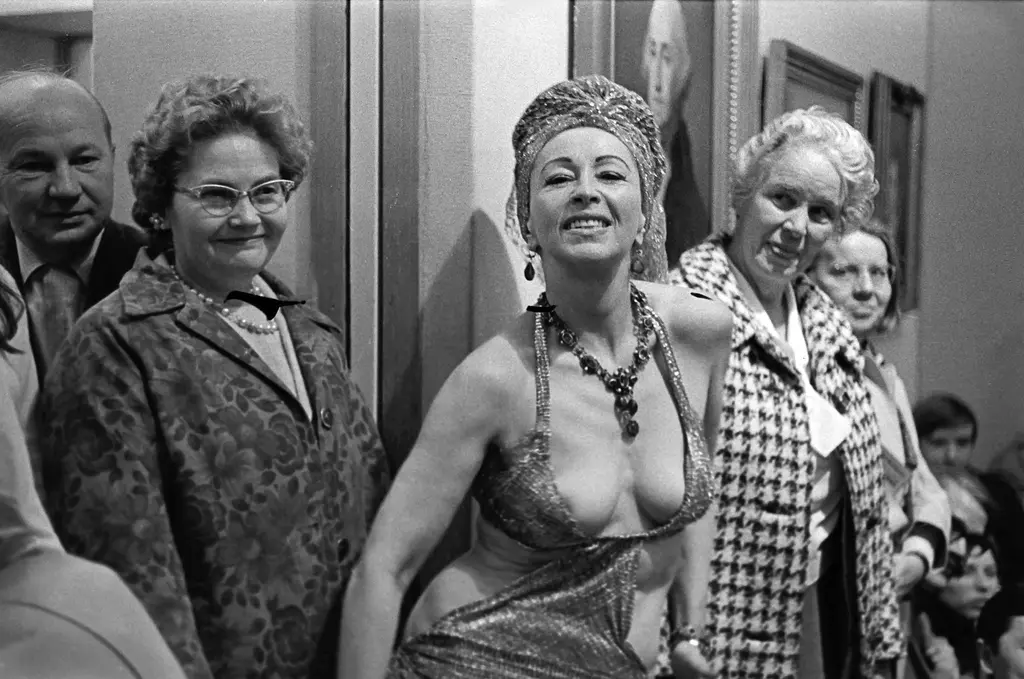The Nobel Prize-winning academic who fled Nazi Germany as a child
- Text by Elizabeth Sulis Gear
- Photography by Michael Vince Kim

An Emeritus professor, Leslie Brent has behind him a legacy that evokes both terror and admiration. In 1938 he was one of the first Jews to escape Nazi Germany on the Kindertransport, coming to the UK as a thirteen-year-old refugee. His family were not so fortunate. Despite suffering due to the absence of his family, Leslie had a successful academic career, including his co-discovery of immunological tolerance, which led to a Nobel Prize.
“I was born in a small market town in Pomerania, close to the Baltic Sea. I had a happy childhood up until I was eight years old. It was then that I recall first hearing hatred towards Jews; standing in the street with my older sister, brownshirts were storming through town singing, ‘When Jewish blood spurts from the knife we will all be happy.’ I was terrified. My parents were German-Jewish but well-assimilated. My father, along with around 100,000 other German-Jews had fought in the First World War. He had won an Iron Cross medal in honour of his services. In his opinion, this was a transient phenomenon and our family had nothing to fear. As the times changed, my parents must have also changed their opinion, for they sent me to the Jewish Orphanage Berlin-Pankow to avoid persecution in our largely non-Jewish hometown.
“In December 1938 I was nominated to leave Berlin and escape to England on the first of the Kindertransport. My then sixteen-year-old sister could have come too, but declined for whatever reason. I had heard rumours that she had fallen in love while training to be a nurse at a Jewish hospital.

“Upon arrival, we were prepared for life in England at a temporary Butlins-like camp in Dover. Unlike many of the other children, I already spoke English quite well. It was difficult for the Jewish Association to find enough families to care for all of us. Quite a number of refugees were also exploited by their carers and forced to work.
“There was no anti-semitic sentiment in England. On the contrary, a friend of mine was surprised that a policeman smiled at him. We were used to being spat on and having our bags ransacked. There was however a general reluctance to welcome refugees, as there is now with the Syrian crisis. Instead of being allocated carers, I was sent to Bunce Court School founded by Anna Essinger. Again, I was one of the lucky ones.
“If it had not been for the absence of my family, I would have thoroughly enjoyed my experience at the progressive boarding school. At first I received messages from my parents and sister via the British Red Cross. Their communication was solely for prisoners of war, and us. In 1942 these messages stopped, after one final message in which I was told that they were ‘going on a journey’. It was only when the Pathé news bulletin documenting the concentration camp release was aired, that I knew the reality. Up until very recently I thought that my family had died in Auschwitz. Only after the Berlin Wall came down was I able to access some historical archives which led me to the truth: they had been taken to Riga in 1942 and killed in the Rumbula Massacre. They had been shot, which was a little better than what I thought had happened to them in the concentration camp. I have had so many nightmares about this. I still suffer from survivor’s guilt, however irrational I know it is.

“My boarding school became my new home, and left me in a position to face the world at sixteen. After volunteering in the British army, I studied Zoology at the University of Birmingham. I was discouraged from becoming a secondary school teacher by a teacher who believed in me. He encouraged me to continue my studies to PhD level, which I completed at University College London. Along with Peter Medawar and Rupert Billingham, I was involved with groundbreaking research in the 1950s which led to the discovery of immunological tolerance. Medawar won a Nobel Prize and shared the winnings between the three of us.
“For many years I felt a certain degree of antagonism towards Germany, and refused invites to medical conferences there. It wasn’t until the 1960s that I finally accepted an invitation to an Austrian skiing conference. There, I got to know young Germans. In 1990 I returned to Berlin to attend a gathering of friends of the former Jewish orphanage. I used to regard Berlin with horror, but have grown to like the new tolerant city that has emerged from the ashes.
“My life in England has been good. I have had a long, successful career. I also have a wife and three children. Without this act of generosity from this nation, I would have undoubtedly faced the same cruel fate as my family. I am sure the refugees of the current crisis would appreciate this act of kindness and do their utmost to reciprocate, just like we did.”
This article originally appeared in Huck 53 – The Change Issue. Grab it in the Huck Shop now or Subscribe today to make sure you never miss another issue.
Enjoyed this article? Like Huck on Facebook or follow us on Twitter.
Latest on Huck

Maryam El Gardoum is breaking new shores for Morocco’s indigenous surfers
The Amazigh Atlantic — Through her groundbreaking career and popular surf school, the five-time Moroccan champion is helping women find their places in the waves.
Written by: Sam Haddad

Youth violence’s rise is deeply concerning, but mass hysteria doesn’t help
Safe — On Knife Crime Awareness Week, writer, podcaster and youth worker Ciaran Thapar reflects on the presence of violent content online, growing awareness about the need for action, and the two decades since Saul Dibb’s Bullet Boy.
Written by: Ciaran Thapar

Volcom teams up with Bob Mollema for the latest in its Featured Artist Series
True to This — The boardsports lifestyle brand will host an art show in Biarritz to celebrate the Dutch illustrators’ second capsule collection.
Written by: Huck

A visual trip through 100 years of New York’s LGBTQ+ spaces
Queer Happened Here — A new book from historian and writer Marc Zinaman maps scores of Manhattan’s queer venues and informal meeting places, documenting the city’s long LGBTQ+ history in the process.
Written by: Isaac Muk

Nostalgic photos of everyday life in ’70s San Francisco
A Fearless Eye — Having moved to the Bay Area in 1969, Barbara Ramos spent days wandering its streets, photographing its landscape and characters. In the process she captured a city in flux, as its burgeoning countercultural youth movement crossed with longtime residents.
Written by: Miss Rosen

Tony Njoku: ‘I wanted to see Black artists living my dream’
What Made Me — In this series, we ask artists and rebels about the forces and experiences that shaped who they are. Today, it’s avant-garde electronic and classical music hybridist Tony Njoku.
Written by: Tony Njoku

